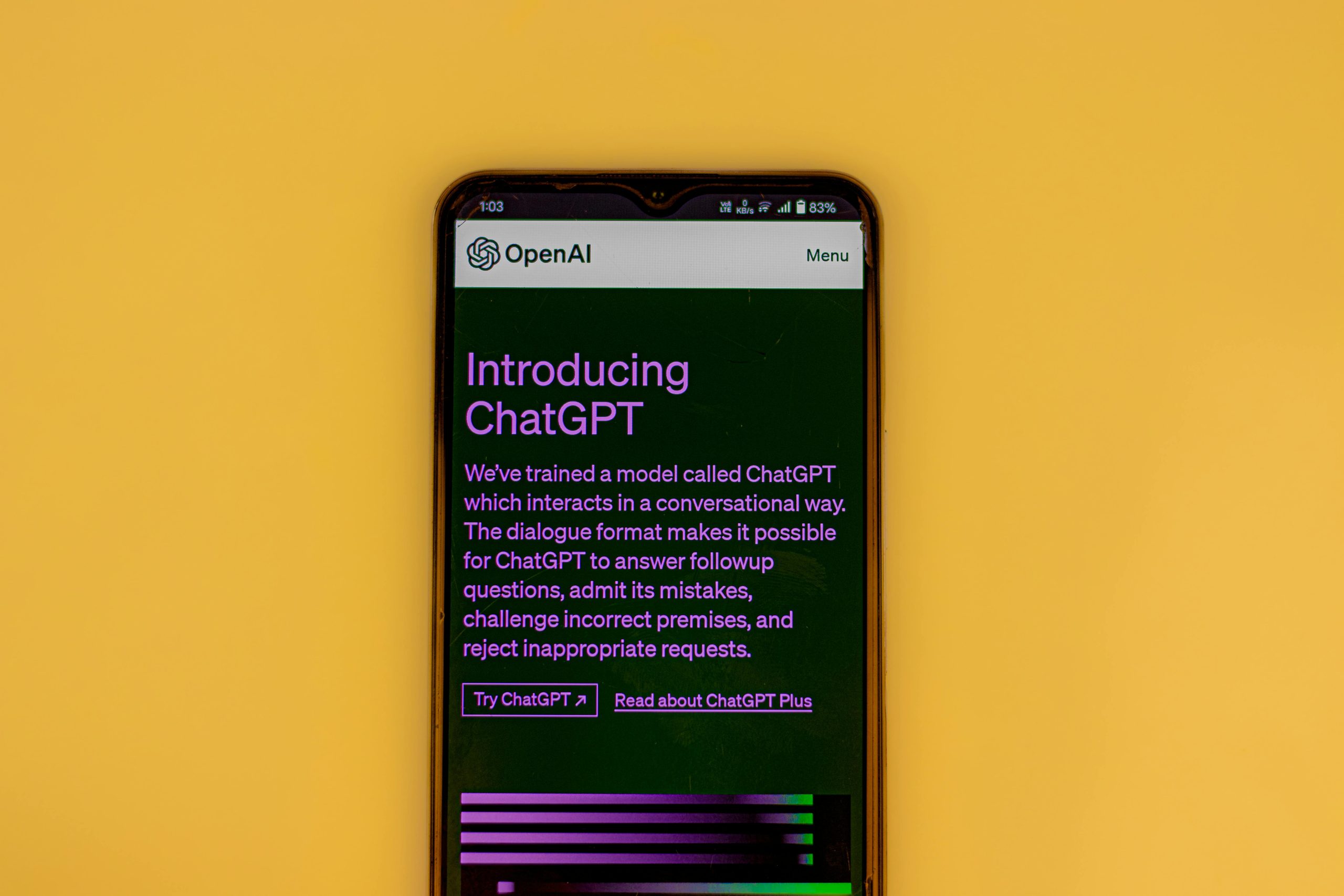I don’t know what I’m talking about. But others say I talk fine.
Understanding Communication: Can Your Words Make Sense Without Comprehension?
Effective communication is a cornerstone of human interaction, yet many of us occasionally question whether we truly understand what we’re saying or hearing. Consider a scenario where an individual participates in conversations, but inwardly feels disconnected from the actual content—neither understanding the messages received nor the responses they provide. Surprisingly, despite this internal confusion, others consistently affirm that their exchanges with this person are coherent and meaningful.
This phenomenon raises intriguing questions about the nature of communication and perception. Is it possible to engage in a conversation without fully grasping the material being discussed? And if so, what does it say about how we interpret and assign meaning to our words and others’ responses?
The Disconnect Between Comprehension and Expression
Many individuals experience moments where their spoken words seem to “just come out” without conscious understanding of their content. This can occur during high-stress situations, in improvisational settings, or when expressing automatic responses rooted in familiarity rather than comprehension.
Conversely, a person may also find themselves unable to fully process or interpret what others are saying, leading to a feeling of listening without understanding. Despite this, they might still produce replies that others find logical and relevant, creating a paradox where the conversation appears seamless from an external perspective.
Perception Versus Reality in Communication
The disparity between self-perceived understanding and the perceived clarity of others’ responses highlights an essential aspect of communication: the role of mutual understanding and assumption. When individuals say they “talk fine,” it often reflects their ability to produce responses perceived as appropriate, rather than their actual comprehension of the conversation’s content.
This phenomenon underscores the importance of self-awareness and reflection in communication. It also sheds light on how people may rely on contextual cues, habitual responses, or social conventions to navigate interactions, even if the underlying understanding is limited.
Implications and Considerations
Recognizing that one can participate in conversations without full understanding prompts us to consider strategies for improving clarity and mutual comprehension. Active listening, asking clarifying questions, and being mindful of one’s own responses can foster more meaningful interactions.
Moreover, this scenario reminds us of the value of humility in communication. It demonstrates that outward coherence does not always equate to internal understanding. Embracing this awareness can lead to more genuine exchanges and reduce misunderstandings.
Conclusion
While it may seem counterintuitive, engaging in conversations without complete comprehension is a human experience shared by many. Recognizing this














Post Comment